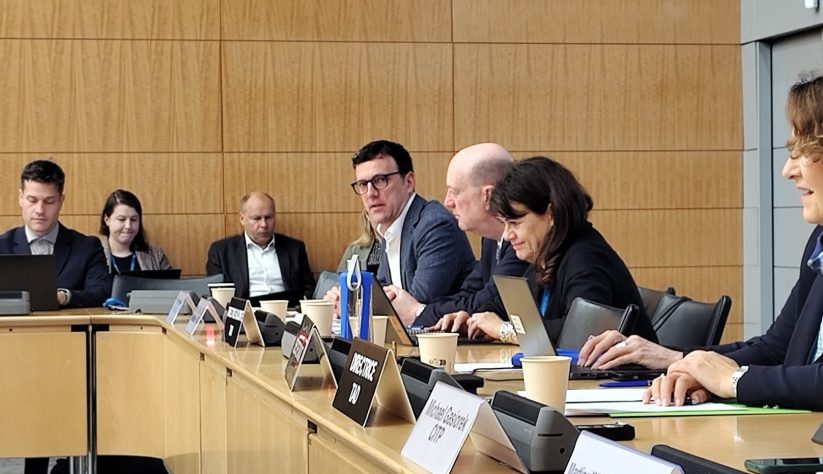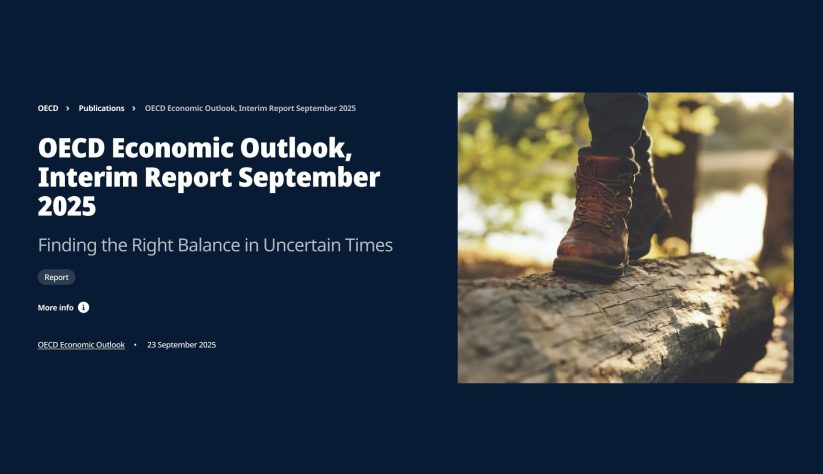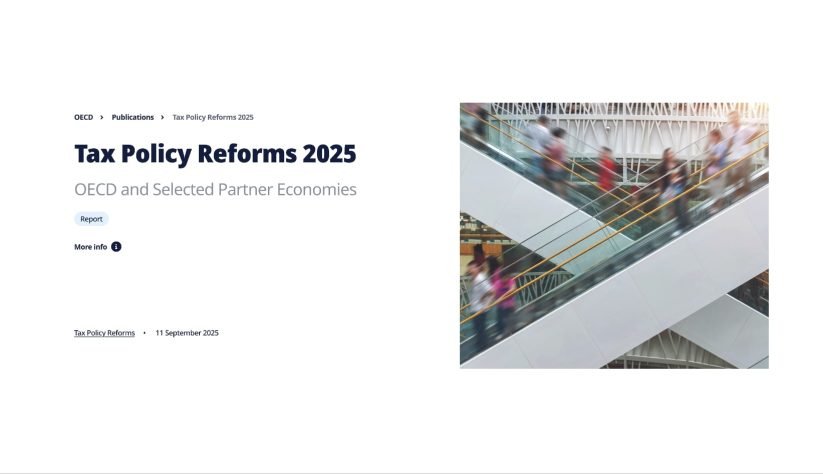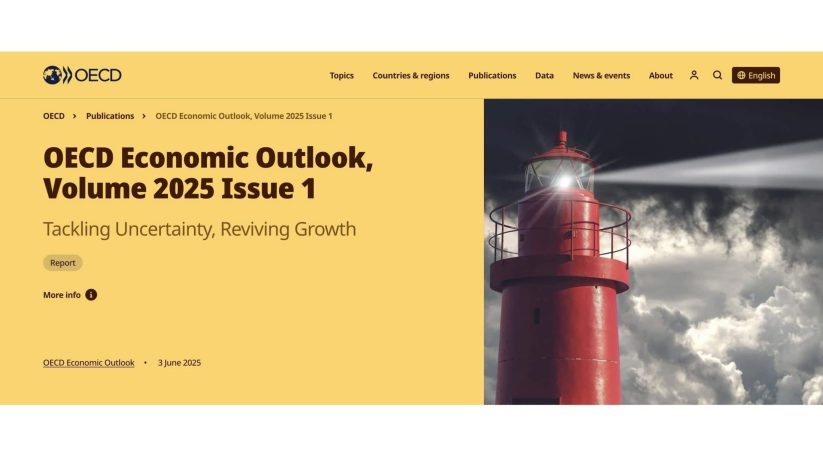Economic policy
TUAC represents the voice of labour in the international economic policy debate. Through its engagement at the OECD, TUAC fights for economic policies that create full employment and that give working people a fair share of the wealth they create.
This is done through our engagement on fiscal and monetary policy at the Economic Policy Committee and its Working Party on Macroeconomic and Structural Policy Analysis.
This work is led by Filip Stefanovic and Adnan Habibija. For more information, please contact stefanovic@tuac.org and habibija@tuac.org.

Trade unions set out vision for shared prosperity at OECD leaders meeting
Trade union leaders from across the globe gathered in Paris on 8 December for the annual TUAC-OECD Liaison Committee Meeting, bringing workers’ stories and priorities to the highest political level of the OECD. TUAC President Liz Shuler opened the meeting under the banner ‘Rewiring ...

OECD Economic Outlook: Trade unions slam latest deregulation push
TUAC strongly contests the OECD’s push for deregulation in the latest Economic Outlook, warning that weakening worker protections will not drive innovation and risks increasing inequality. The Economic Outlook, published today, projects global growth of 3.2% in 2025, slowing to 2.9% in 2026 ...

Trade unions press OECD to address trade policy’s impact on workers’ rights and bargaining power
Trade unions engaged with policymakers on the unequal distribution of trade benefits at the OECD workshop on trade and jobs, held on 15th October. TUAC representatives called for stronger protections for workers during the event, which explored the critical relationship between trade policies, ...

Trade unions welcome OECD inequality report, but highlight missing link on collective bargaining
Trade unions welcome the OECD’s new report “To Have and Have Not – How to Bridge the Gap in Opportunities”, but warn governments that equal opportunities are not enough to tackle today’s high levels of inequality, and that the report’s framing risks understating the role of systemic ...

Interim Economic Outlook: TUAC rejects OECD’s austerity push
The OECD’s latest Interim Economic Outlook, published today, fails to address the urgent needs of workers facing a “double squeeze” from sluggish growth and restrictive monetary policy. Despite the OECD projecting slightly improved global growth for 2025 (revised to 3.2% from ...

OECD Tax Policy Reforms 2025: Revenue Erosion Threatens Public Investment
Governments are undermining their own revenue generation through contradictory tax policies, trade unions warn in response to the OECD’s Tax Policy Reforms 2025 report. The OECD report shows encouraging signs that more countries raised corporate tax rates than cut them for the second ...

Trade Unions Call for Worker-Focused Economic Reform at OECD Ministerial Council Meeting
Trade unions engaged directly with OECD governments at the 2025 Ministerial Council Meeting (MCM) in Paris this week, advocating for worker-centered approaches to trade, technology, and climate policies amid persistent inequality concerns. TUAC delivered a comprehensive alternative vision in its ...

TUAC Urges the OECD to Rethink Deregulation as the June 2025 Economic Outlook Warns of Rising Risks to Growth
The OECD’s June 2025 Economic Outlook paints a grim picture of a global economy losing steam under mounting trade uncertainty, with growth projections downgraded across most major economies. But for TUAC, the greatest danger lies in the policy choices being made to address it – particularly the ...

Labour 7 challenges restrictive economic policies, urges G7 to prioritise workers’ needs and creation of green jobs
Trade unions from G7 countries have issued a joint Labour 7 (L7) statement ahead of the G7 Finance Ministers and Central Bank Governors meeting, calling for faster interest rate cuts and increased public spending to stimulate demand and quality employment. The Labour 7, the official trade union ...

Persistent Inequality Undermining Economic Growth, New TUAC Paper Warns
TUAC has today published a new paper warning that growing inequality is actively undermining economic growth across OECD countries, while proposing stronger collective bargaining as a crucial tool for closing the productivity-wage gap and building more sustainable economies. The paper, ...
